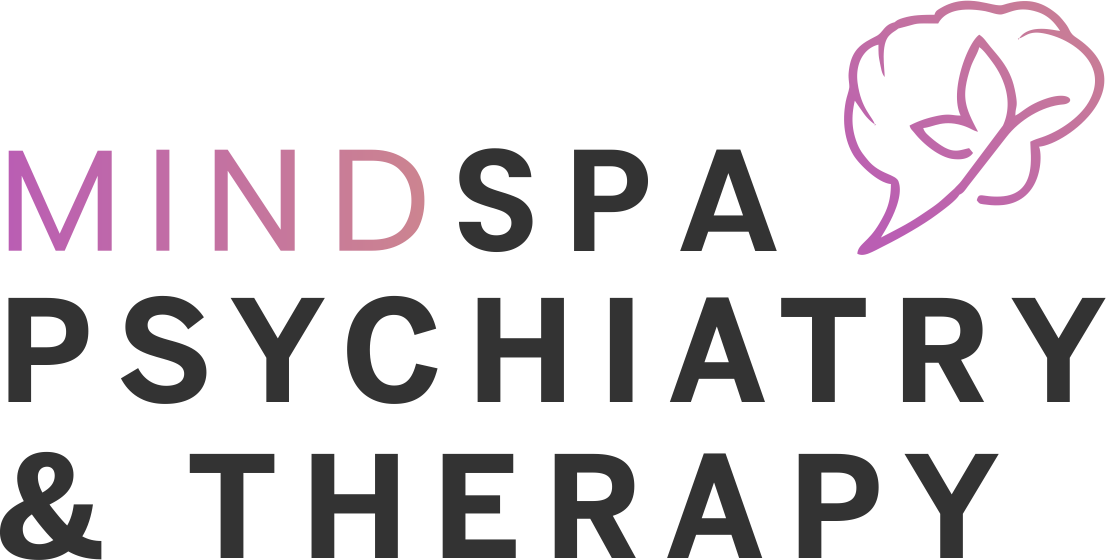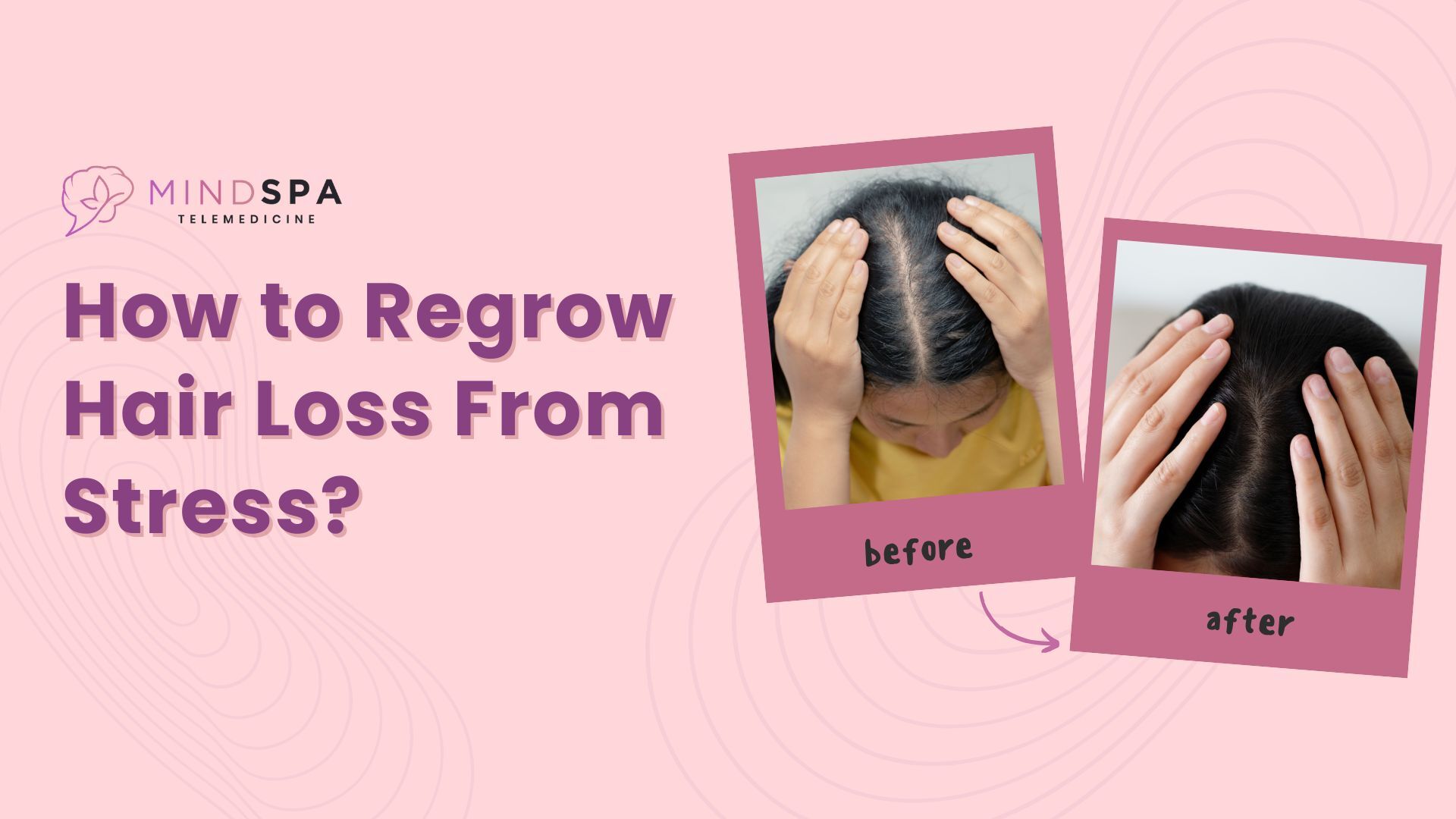Hair loss is a common problem and stress can contribute very well. Many people experience stress-related hair thinning or hair loss. Some people discover that they tend to shed their hair much more during times of high stress. However, there is a way to regrow your hair and handle stress-related hair loss.
Then let’s discover what takes place in your hair once stress makes an effect and what you can do to repair it.
Understanding Stress and Hair Loss
Every time you are stressed, your body reacts by releasing cortisol, which is one of the stress hormones. These hormones can mess up the natural hair-growing cycle. There are three phases of hair: growth, resting, and shedding. Hair loss is the result of a large number of hair follicles pushed into the shedding phase by stress.
However, hair loss can occur due to stress in different forms such as:
- Telogen Effluvium: It is the most common type of stress-induced hair loss. This occurs when a lot of hair is put into the shedding phase simultaneously and leads to obvious thinning or shedding.
- Alopecia Areata: Sometimes, the stress can induce an autoimmune response in which the hair follicles are then attacked by the immune system, causing bald patches.
- Trichotillomania: Stress that makes you pull out your hair is a condition called trichotillomania. It is a psychological stress response that can lead to permanent hair loss.
Stress causing hair loss is so overwhelming, but the good news is largely temporary. When you fix the source of stress, and you look after your hair appropriately, growth is possible.
How Stress Affects Your Hair
When your body is in that stressed time, that’s when you tend to go into fight or flight mode. When your body shifts the flow of blood resources to other areas, the flow of blood to the scalp and hair follicles is decreased. This disruption of blood flow eventually affects the health of your hair follicles and may result in thinning or shedding.
According to the research, stress is a major cause of hair loss. The study reveals how stress hormones sabotage the hair growth cycle and how stress management helps the hair grow healthier.
Steps to Regrow Hair After Stress
If you’re experiencing hair loss due to stress, there are several strategies you can use to encourage regrowth. Here are some steps to help restore your hair and manage stress:
Manage Your Stress
Reducing stress is the first step in managing hair loss. When stress is under control, your body can return to its normal hair growth cycle. Some ways to reduce stress include:
- Exercise
Physical activity is a good stress buster itself. Improving circulation, especially to the scalp too, can be beneficial. Look towards activities such as walking, yoga, or swimming.
- Meditation and Deep Breathing
These techniques will calm your mind and reduce the cortisol level. There is often a big difference even if you can only meditate for 5 minutes.
- Sleep
The health of a person depends on appropriate sleep. Often stress disrupts sleep, so part of the battle is focusing on a good sleep routine to help reduce the stress and aid with hair growth.
- Talk to a Therapist
With overwhelming stress, speaking to someone can help you better manage your emotions. If stress and anxiety are affecting your hair health, request an appointment with a therapist today to get support. Click here to book an appointment.
Maintain a Healthy Diet
A healthy diet may promote hair growth and reduce stress on the body. Make sure your diet includes:
- Protein
Keratin is a protein that accounts for hair. Healthy hair starts with eating enough protein-rich foods like eggs, lean meats, beans, and nuts.
- Vitamins and Minerals
Vitamins such as vitamin A, vitamin D, and biotin as well as minerals like iron and zinc are all important for healthy hair. Try to incorporate leafy greens and fruits along with whole grains into your meals.
- Omega-3 Fatty Acids
These healthy fats nourish the hair follicles. Food sources of omega-3s include salmon, walnuts, and flaxseeds. Omega-3 fatty acids also help reduce inflammation, which can contribute to hair thinning. Including these in your diet not only supports hair growth but also improves scalp health, making your hair stronger and shinier.
Gentle Hair Care
Take extra care of your hair during this time. Stress can make your hair more fragile, so it’s important to avoid further damage. Here are some tips:
- Avoid Tight Hairstyles
Wearing tight ponytails or braids can also cause your hair to break. Pick loose styles that won’t draw at your hair.
- Be Gentle When Shampooing
Avoid harsh shampoos that can strip your scalp of natural oils. Use a gentle, sulfate-free shampoo and conditioner to keep your hair moisturized and strong.
- Limit Heat Styling
Excessive heat from blow-drying, straightening, or curling can damage your hair. Let your hair air dry or use heat styling tools sparingly.
Consider Hair Growth Treatments
In addition to reducing stress, you may want to try treatments that promote hair regrowth. Some options include:
- Minoxidil
This is a topical solution that has been shown to help regrow hair in some people. It’s available over the counter and can be applied directly to the scalp.
- Hair Growth Shampoos
Some shampoos are designed to support hair growth. Look for shampoos that contain ingredients like biotin, caffeine, or keratin.
- Platelet-Rich Plasma (PRP) Therapy
This treatment involves using your blood to stimulate hair growth by injecting platelets into the scalp.
Conclusion
Stress-induced hair loss can be frustrating, but it’s often temporary. By managing your stress, eating a healthy diet, and taking care of your hair, you can support the regrowth of your hair. It may take time, but with the right approach, you can see improvements.
If you’re struggling with stress or mental health, MindSpa Psychiatry & Therapy is here to help. We offer telemedicine services with personalized care and a secure platform. Schedule an appointment today to begin your journey toward better mental health and well-being!
Frequently Asked Questions
How does stress cause hair loss?
Stress releases cortisol, which disrupts the hair growth cycle. It can push hair follicles into the shedding phase, causing hair thinning or loss.
Can hair regrow after stress?
Yes, hair can regrow after stress. Managing stress, maintaining a healthy diet, and using gentle hair care can promote hair regrowth over time.
What are some ways to reduce stress for hair regrowth?
Exercise, meditation, deep breathing, good sleep, and talking to a therapist can help reduce stress and support hair regrowth.
What should I eat for healthy hair?
Eat foods rich in protein, vitamins (like A, D, and biotin), minerals (iron, zinc), and omega-3 fatty acids to support hair health and regrowth.

